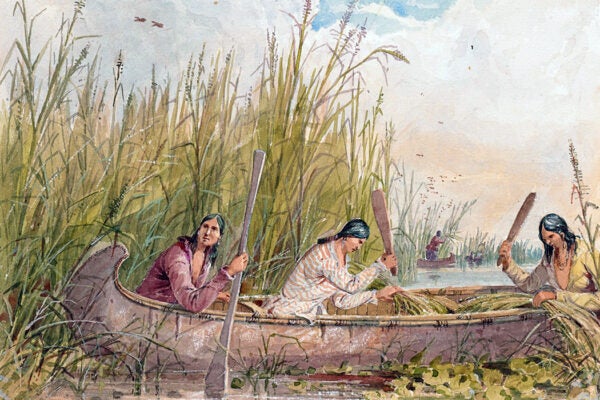In a blow to conservation, a new study suggests that sustainable commercial logging of tropical forests is simply impossible. In an attempt at greater sustainability, some timber companies have tried to minimize logging impact, typically by cutting only certain valuable target trees while leaving the bulk of the forest intact or through a handful of other practices. Selective logging has long been viewed as the preferable alternative to clear-cutting, and theoretically ought to preserve more biodiversity than cutting every tree and converting it into agricultural land. That sustainability might not be possible comes as a blow to conservationists, but after a close look at some previous studies it is not a surprise.
Sustainable forestry requires two components: ecological and economic sustainability. Looking first at the ecological impacts of selective logging, the warning signs were already there. A long-term study in Borneo by David Edwards et. al. compared diversity of birds, ants, and dung beetles between intact forest, forest logged using various reduced impact techniques, and conventionally logged forest. Up to 8 years after the study, while there were birds and ants in all forest types, there was little difference between low impact and conventional logging, and both were worse than intact forest. Only dung beetles were unaffected. The new techniques did not reduce logging impact.
Edwards et. al. nevertheless remained optimistic, figuring (hoping) that once logging stops the forest may regain some ecosystem value. They factor in the possibility that owners might be compensated for intact forest, perhaps by trading carbon credits, but that is not a given. The possibility of compensation takes on huge importance when the second part of sustainability, the economics, is considered.
Working in Thailand, Jiragorn Gajaseni and Carl Jordan examined whether selective logging of teak trees was profitable in the long run. After a long analysis, Gajaseni and Jordan had their doubts. In search of greatest profit per effort, the largest, oldest teak trees were removed first, leaving behind only smaller, unprofitable trees. The trees simply take too long to reach profitable size, making long-term profit from this practice unlikely. With its value reduced, the forest is worth a lot more if it can be clear-cut and converted to another use. Selective logging only postpones the forest’s total destruction.
Ultimately, if sustainable logging in tropical forests is dependent upon the value of the unlogged forest, it’s unclear why logging is on the table at all. This new research suggests that the hoped-for ecological benefits will never materialize, and without compensation, profits from selective logging are elusive. Since compensation is so vital to the long-term economic viability of limited logging, then it might make more sense simply to pay landowners to leave the forest standing. If we want tropical forests, it’s time to pony up.







